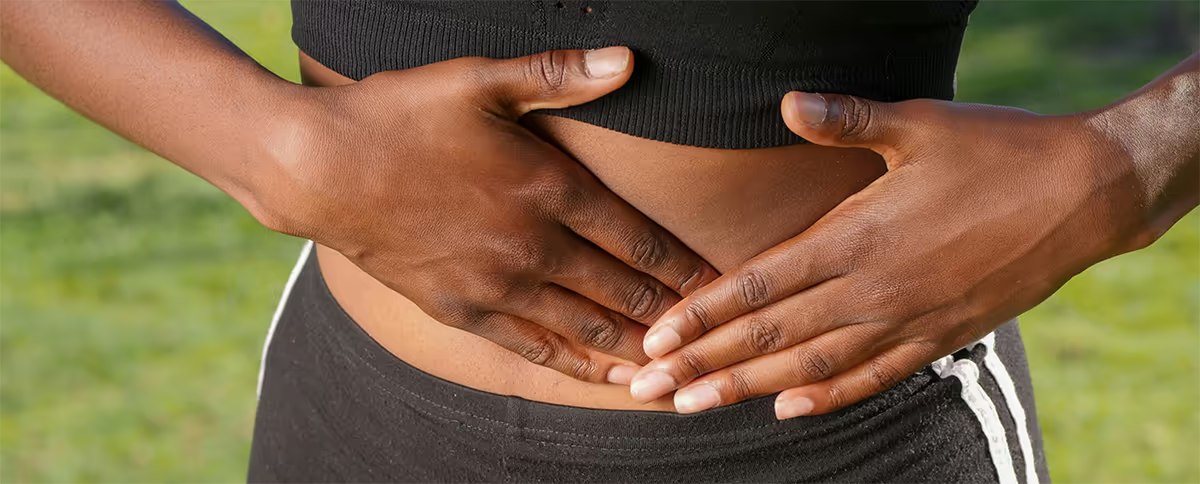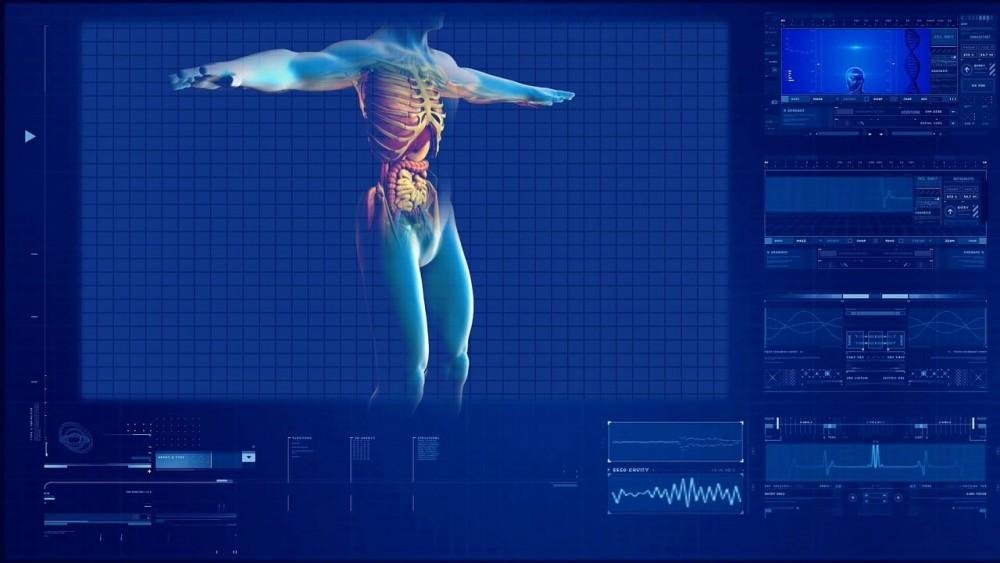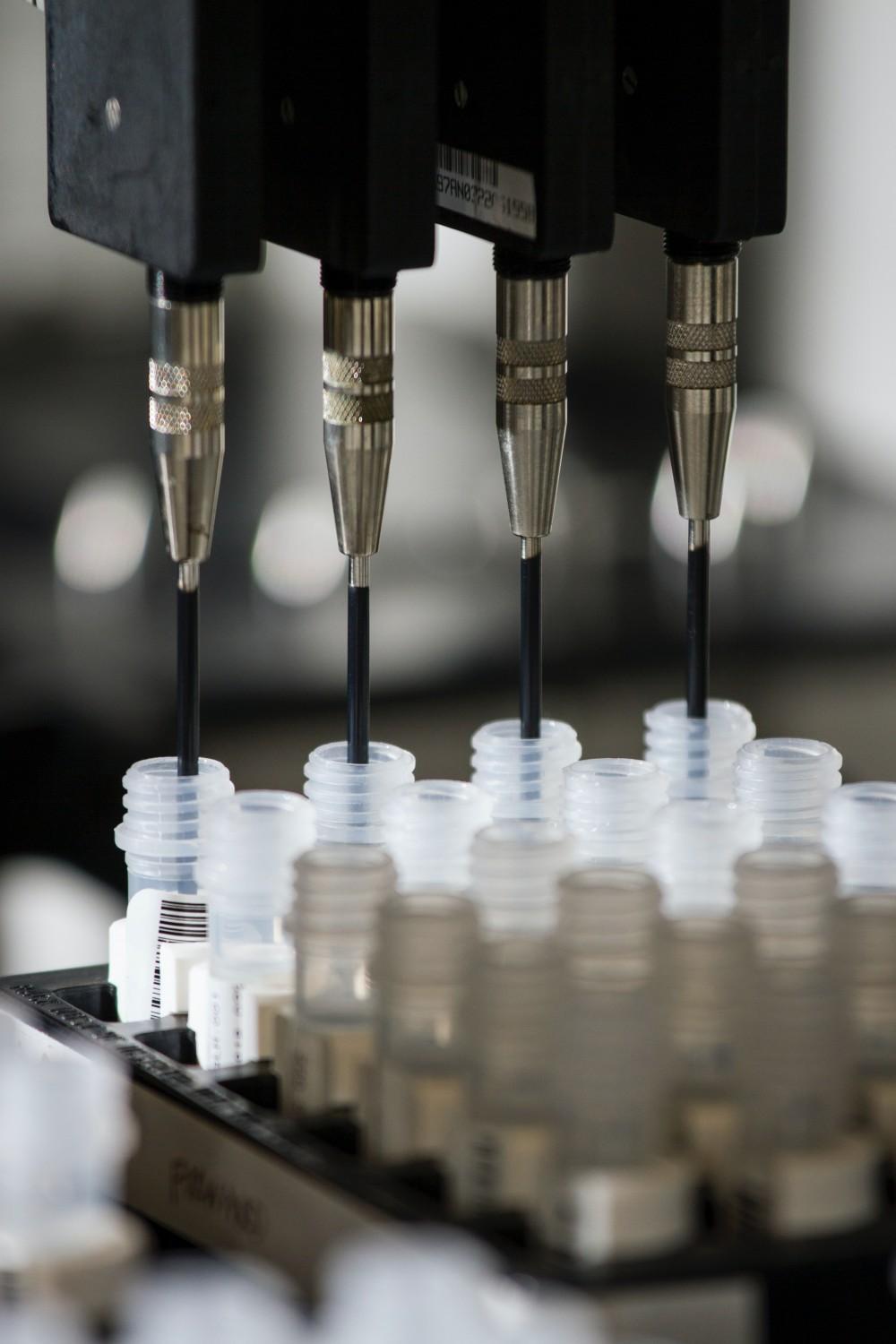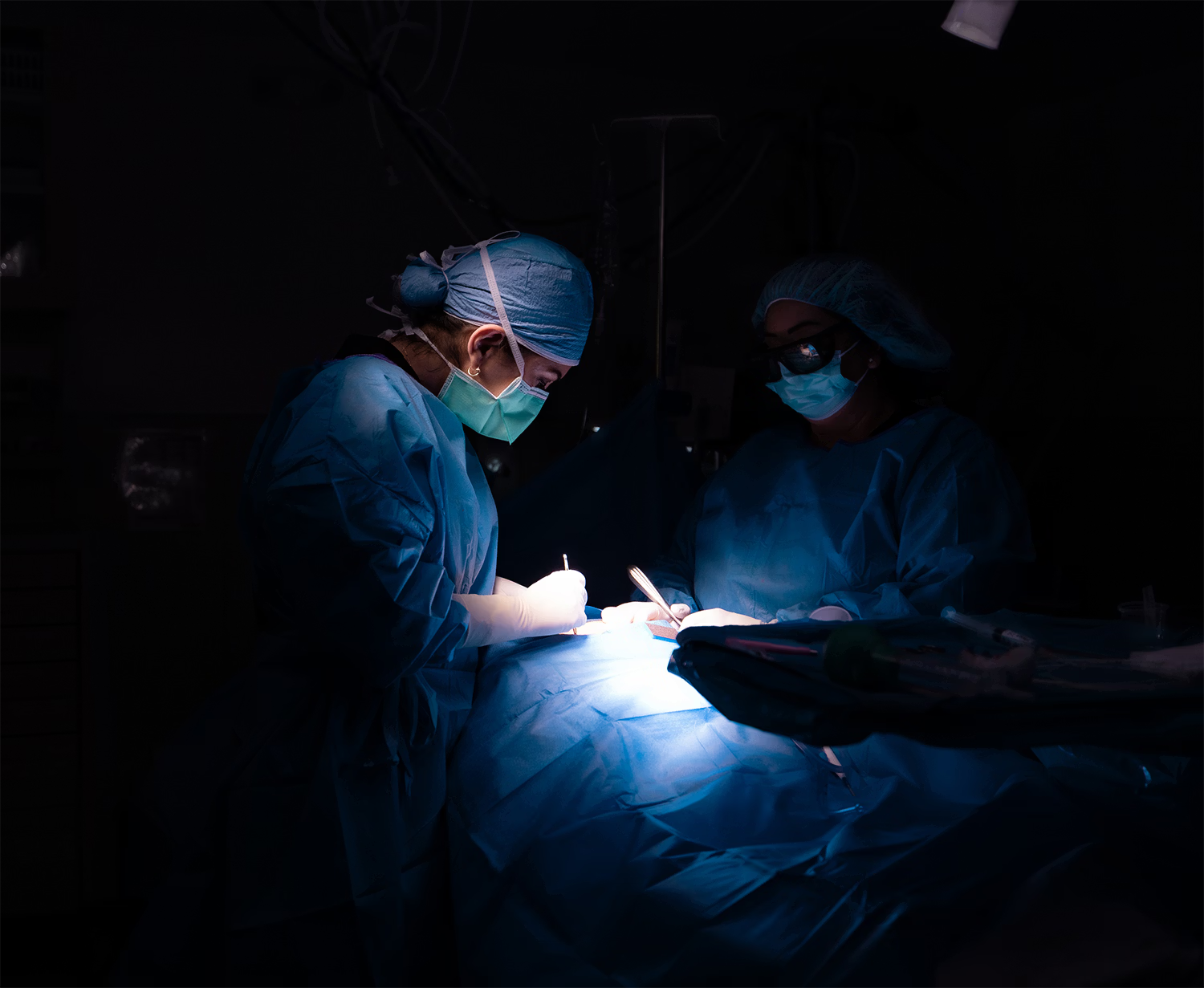
New Treatments for Anal Fistula - Stem Cells & More
Anal fistula is an abnormal connection or tunnel between the anus and nearby skin. Initial symptoms include a painful bulge around the anus, redness, or drainage of pus. In many individuals an abscess or boil may first form around the anus. This may either pop and drain by itself, or a physician may lance the boil to release the pus. In many, the infection will subside and resolve. However, recurrent boils or ongoing drainage from the site over the next few months may indicate a fistula.

ANAL FISTULA AND CROHN'S
In patients with Crohn’s disease, prior to surgical repair of a fistula, medical treatments may be added or optimized to facilitate fistula healing. However, only 30% of Crohn’s anal fistulas heal with medical treatment. The remaining 70% of patients are left with the ongoing discomforts of a fistula needing surgical management.
In a superficial fistula, a procedure known as fistulotomy to lay open the tunnel will allow the fistula to heal. However, often, a fistula may tunnel through the sphincter muscles of the anus, and a fistulotomy is not recommended as it may damage the sphincter muscles which control bowel continence. In individuals with a complex fistula which tunnels through the sphincter muscles, alternative repair options exist (most commonly LIFT or advancement flap surgery). These surgeries offer reasonable success rates (approximately 80% in non-Crohn’s and 60% in Crohn’s) and avoid damage to the sphincter muscles. Yet, some patients desire an even less invasive approach. This is why many surgeons, including myself, have sought out alternative treatments for anal fistula.

STEM CELL THERAPY
Stem cells are the precursor cells in our body and have the ability to differentiate or mature into various cell types. Mesenchymal stem cells are derived from the mesoderm germ layer; one of three primary germ layers in early embryo development which gives rise to various types of connective tissue including fat, bone, muscle, and cartilage. Mesenchymal stem cells were first described several decades ago and interest in their use in treating various diseases has grown significantly. Mesenchymal stem cells also have the ability to modulate inflammation and suppress immune responses.
The use of mesenchymal stem cells to treat anal fistula has intrigued scientists for some time. Recent protocols have directed efforts toward some of the most difficult to treat fistulas, those in patients with Crohn’s disease. Most studies have evaluated adipose-derived stem cells (stem cells derived from abdominal wall fat) either from the patient themselves (autologous) or from a pooled sample of multiple individuals (allogenic). Currently, mesenchymal stem cells are not FDA approved for treatment of Crohn’s perianal fistula or non-Crohn’s anal fistula but I hope that approval is on the horizon. The only way to receive stem cell therapy for treatment of anal fistula in the United States is through a clinical trial. As a colorectal surgeon and researcher, I have remained on the forefront of stem cell therapy for anal fistula through my participation in several clinical trials. We have already finished recruiting patients for the ADMIRE-CD-II clinical trial, but the STOMPII clinical trial is actively recruiting participants through our practice in Los Angeles. While this study has strict inclusion criteria, another upcoming study will soon be offered at our center, using a similar concept (whole blood to treat anal fistula).
As a surgeon and scientist, my goal is to improve access to safe and effective treatments for patients with anal fistula. Some patients may not be a candidate for a clinical trial and others may not want to participate for various reasons. In these patients, treatments such as fistula repair with platelet rich plasma or standard, sphincter preserving fistula surgery such as LIFT (ligation of the intersphincteric fistula tract) or endorectal advancement flap may be options. Other patients may not be too bothered by their fistula or seton, and may prefer to avoid treatment altogether. Patients interested in any of the above treatments are encouraged to reach my office in Los Angeles, CA for a consultation and tailored treatment plan.
STEM CELL DATA
The ADMIRE-CD clinical trial, published in 2018, was a phase-III, randomized, placebo controlled clinical trial, in patients with Crohn’s anal fistula, evaluating allogenic, adipose-derived stem cells. All patients had suture closure of the internal opening and were randomized to treatment of the fistula with stem cells or placebo. The study was performed across Europe and Israel and included 317 patients with a mean age 38.3 years, 53.9% of whom were male gender. At 52-month followup, clinical remission was achieved in 56.3% of patients treated with stem cells vs 38.6% of those treated with placebo. The stem cell compound is manufactured by Takeda Phmaceuticals, Inc and is named Alofisel (darvadstrocel); it is now approved in Europe, however remains quite costly at 54000 pounds!

The United States FDA requested a US clinical trial before embarking on approval of darvadstrocel in the States. I was one of the co-investigators on the ADMIRE-CD-II randomized clinical trial evaluating darvadstrocel, which recently finished recruiting (around 500 patients). We are very excited to see the results of this trial and expect FDA approval in the US in the near future.
CURRENT STEM CELL TRIALS
The STOMP-II clinical trial is open and enrolling at our site. We are one of the active sites for this trial and have already enrolled several patients. STOMP-II is a little bit different than the ADMIRE-CD-II clinical trial. Here, autologous (your own) adipose-derived (coming from belly fat) stem cells are affixed onto a standard anal fistula plug rather than being injected into the fistula and nearby tissues. Patients must have Crohn’s and be on stable medical therapy to qualify. The study also requires/allows patients to have a single fistula. Patients meeting inclusion criteria undergo an exam under anesthesia with seton placement/exchange and the belly fat is harvested at that time. The fat is sent to a central facility where the stem cells are expanded. Patients are then randomized to stem cells + fistula plug versus standard of care (leaving the seton). The great thing about this trial is that all patients randomizing to standard of care and not receiving the stem cell therapy in the first randomization automatically quality to receive the stem cell-fistula plug treatment several months later.
Interested patients should reach out to our practice in Los Angeles, CA. Patients interested in a consultation with Karen Zaghiyan, MD or those wishing to enroll in a clinical trial must be willing to travel to Los Angeles, CA for treatment and followup visits. For out-of-town patients, an initial virtual consultation may be arranged. There is no reason to continue to suffer from an anal fistula. Please reach out so that we may help you!


.svg)




